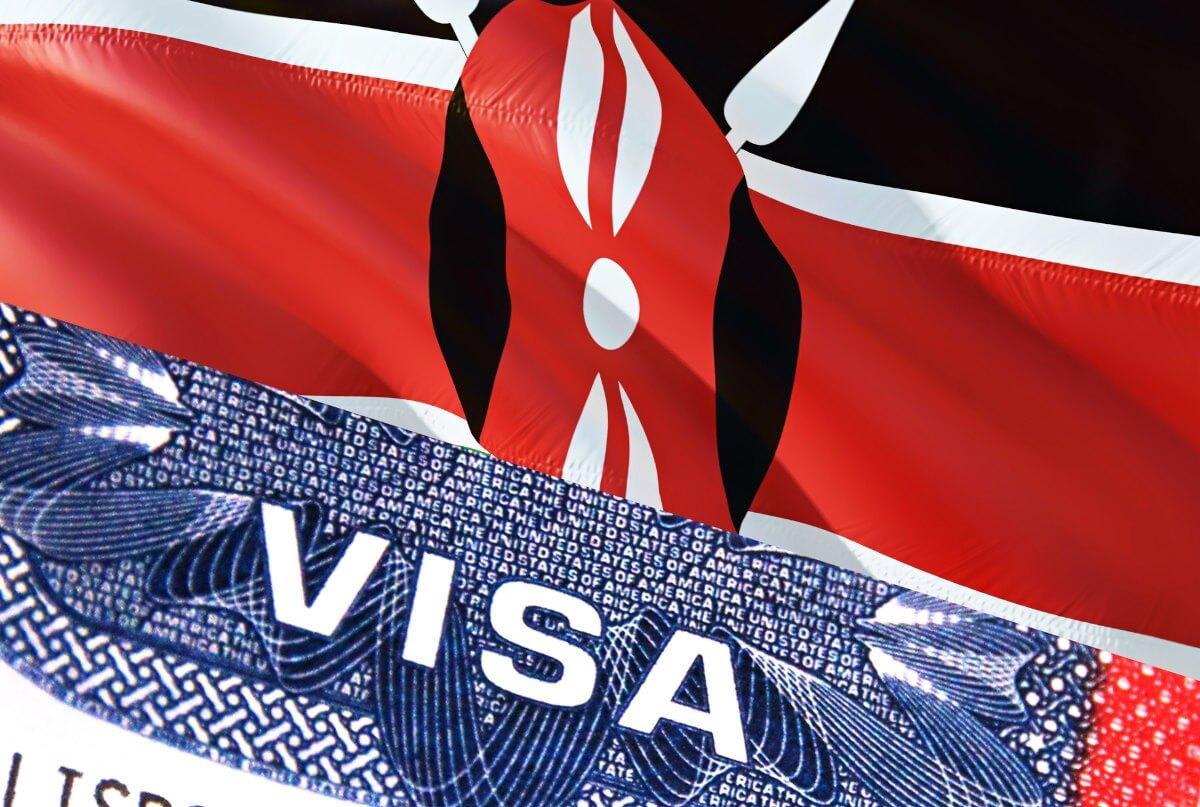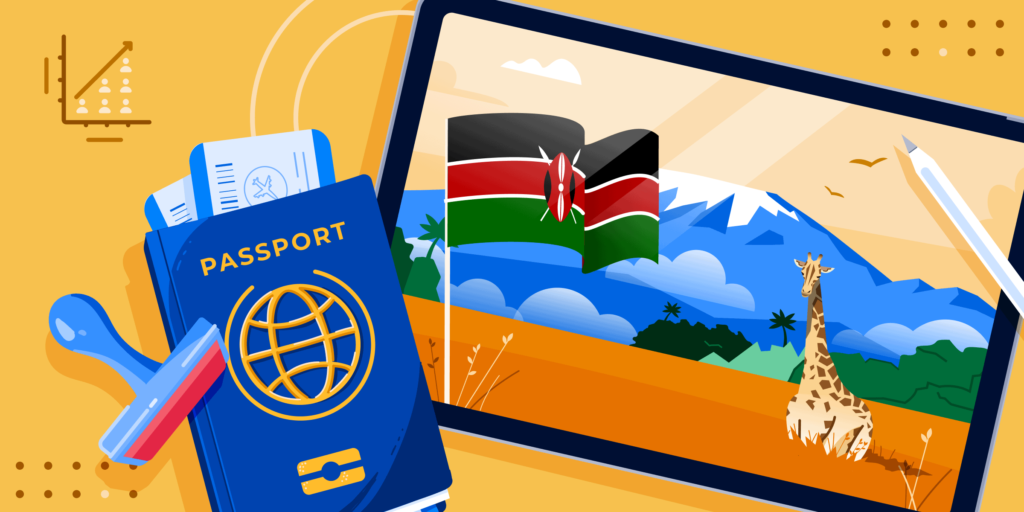Nigeria’s Tax Act 2026 came into effect on January 1, 2026, and it introduces significant changes to how individuals and employers are taxed. Overall, the reform signals a shift toward broader coverage, clearer rules, and stronger enforcement. As a result, tax compliance is now more important than ever for employees, freelancers, and businesses.
Whether you earn a salary, run a business, or manage payroll for an organisation, understanding these changes is essential. In fact, getting ahead early helps you stay compliant and avoid penalties.
Changes to Personal Income Tax
Under the new framework, Personal Income Tax applies to all sources of income earned by an individual. This includes employment income, business income, freelance and consulting earnings, rental income, and other personal income streams.
For salaried employees, PAYE and other applicable social security deductions are typically made at source. However, any additional income earned outside employment must still be declared. Similarly, freelancers, creators, consultants, and self employed individuals must file and fully disclose their income.
Most importantly, the Act introduces key updates to tax brackets and rent relief allowances. These changes are explained below.
New Rent Relief Allowance Explained
The Act introduces a new Rent Relief Allowance. Importantly, it replaces the old consolidated relief structure entirely.
Taxpayers are now entitled to:
- 20 percent of annual rent, capped at ₦500,000
Because this structure is clearer, it simplifies housing relief calculations and makes compliance easier to track. Additionally, individuals living in rental properties can benefit from this relief by submitting supporting documents when filing their returns
Updated Personal Income Tax Brackets
In addition, the Tax Reform Act 2026 redefines personal income tax brackets to improve fairness across income levels.
The new bands are:
- First ₦800,000 at 0%
- Next ₦2.2 million at 15 %
- Next ₦9 million at 18 %
- Next ₦13 million at 21 %
- Next ₦25 million at 23 %
- Income above ₦50 million at 25%
So, what does this mean in practice? For one, anyone earning taxable income of ₦800,000 or less annually is now completely tax free. Meanwhile, middle income earners may see a slight reduction in their overall tax burden. On the other hand, high income earners will contribute slightly more.
Severance Benefits Now Largely Tax-Free
Another notable change is the treatment of severance benefits. Under the new Act, severance payments are tax free up to ₦50 million. Previously, the threshold was ₦10 million. As a result, this update provides greater financial protection for employees during job transitions and restructuring.
However, fragmented compliance approaches can still increase exposure under the new framework. That is why many individuals and businesses are now seeking structured support.
Filing Deadlines and Compliance Requirements
Under this new regime, every taxpayer must file annual tax returns by January 31. Consequently, compliance planning needs to start earlier than many people are used to.
Key compliance points include:
- Employees must declare additional income even if PAYE is deducted.
- Freelancers and self employed individuals must file returns.
- Late filing or failure attracts punishment.
In other words, tax compliance is now proactive rather than reactive. Therefore, waiting to be contacted by the tax authorities is no longer a safe approach.
How Talent PEO Helps You Stay Compliant
As compliance expectations rise, more organisations are prioritising stronger payroll and reporting systems. This is where Talent PEO comes in.
With Talent PEO, you can:
- Manage accurate tax deductions and remittances.
- Update payroll and HR systems to reflect new rules.
- Navigate employment and tax obligations with confidence.
By embedding compliance into payroll and workforce operations, Talent PEO helps reduce regulatory risk. Additionally, it supports more sustainable business growth.
Final Thoughts
Ultimately, the Tax Reform Act 2026 marks a new era for taxation in Nigeria. With broader income coverage, revised tax bands, and stricter filing requirements, preparation is critical. Therefore, understanding your obligations and putting the right systems in place now will help you avoid penalties and operate with confidence throughout the year.
Stay ahead. Stay compliant.
For support with payroll, tax compliance, and workforce management, contact Talent PEO at info@talentpeo.com











